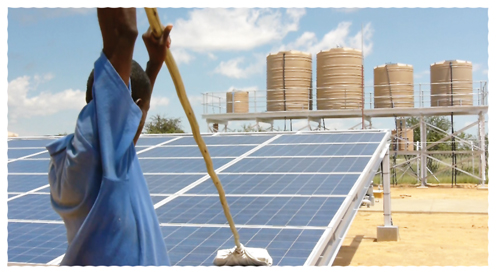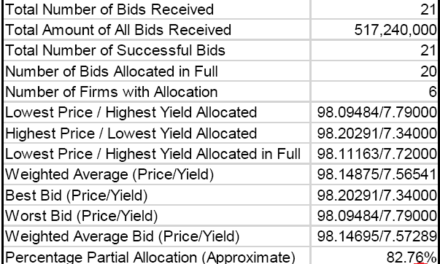
Hydrogen is just hydrogen, #1 on the Periodic Table and it is going to stay there

It is sobering to see that some sense has slowly entered the Green Hydrogen stage. Although most pseudo-scientists and quasi-investors are still on the ‘green’ bandwagon, believing it is a different type of hydrogen, lately I have seen a few reports where some of the so-called experts started realising hydrogen is just hydrogen.
Hydrogen is the simplest atom in creation. Its atomic number is 1 meaning it has only 1 proton in the nucleus. It also has only one electron orbitting the proton, but there are three naturally-occuring isotopes with either zero, or several neutrons in the nucleus.
I am sure that the incognisant defenders (grabbers) of green hydrogen will grasp at this small chemical quirk to prove their point but I have news for them. Only 0.02% (two hundredths) of all hydrogen consists of the so-called H2 and H3 isotopes. The whole rest, i.e. 99.98% is the stock standard one proton, one electron, zero neutron variety, or H1 as it is called in chemistry.
It is also this isotope that is used in commercial applications of hydrogen, whether it is in chemical compounds, or for releasing energy. Thus, the point is: there is only ONE hydrogen.
Now where does all the noise around Green Hydrogen come from?
Green Hydrogen refers to the source of the energy that one needs to extract a hydrogen atom from a water molecule.
The amount of water required differs depending on whether it is just theoretically defined, or whether it refers to the actual activity of extracting hydrogen. The fancy word is stoichiometric which refers to the relationship between water and hydrogen as determined by a formula, a clinical value in a sense. This value is nine – you need nine litres of water to extract one kilogram of hydrogen.
But in reality it is not so simple. Because the water must first be purified, you need double that, plus a little more. You need roughly 18 litres of ordinary water for one kilogram of hydrogen, and given the leakage in most industrial systems, the literature sort of agrees that it is closer to a ratio of 20 to 1.
Point is, you need a very large amount of water to produce a very small amount of hydrogen given a reduction ratio of 20:1.
Furthermore, you need a lot of energy to drive the reduction process. Again, there is broad consensus in the literature on the energy requirement. About 50kWh is required to produce 1 kg of hydrogen but the kicker is that this one kilo hydrogen will only return 40kWh energy.
It is fairly simple to place the 50kWh in context. It is the amount of energy that a 5kW generator, with which most of us is familiar, will produce over a ten-hour period.
All this hairsplitting of the chemistry and energy leads to a stark conclusion. Hydrogen is not a viable source to use for electricity generation. The energy that it yields is less than the energy it requires.
This is where so-called Green Hydrogen comes to the fore. It only makes sense to generate electricity from hydrogen if the cost of the electricity it requires for hydrogen production, is zero or negligible.
The most startling aspect is that it is widely known, it is not some special insight to which only I have access. Everybody in industry knows that hydrogen is expensive to make and expensive to operate because of the unavoidable natural pilferage built into the system.
So it only makes sense to produce hydrogen if the water source is unlimited, like seawater, and the energy source is very cheap, like solar power.
Apparently we have lots of both base ingredients, sunshine and seawater. But there is a catch.
If you first have to desalinate the seawater, immediately your input requirement doubles, as I have argued above. If you want to use groundwater, the question then begs: – Where in our dry Namibia is there sufficient surface or groundwater to merit its extraction? The answer is simple, there is none, nowhere, not even in the Tsau Khaeb National Park (former Sperrgebiet) where some Green Hydrogen pundits want to hide their installation.
Now it comes to the electricity you need. Remember the only designation that makes green hydrogen ‘green’ is the source of the electricity, implying that it must be generated from a renewable source.
We do not even have enough electricity to supply in our everyday demand (we import most from South Africa), so how can we still consider using a substantial part of whatever renewable we have available, to produce a substance that does not make any sense as a source of energy itself.
Green Hydrogen simply does not make sense, unless some well-connected individuals will make a lot of money by pushing the concept. If this is the case, there is absolutely no way that you or I will be able to halt the misinformation.













































